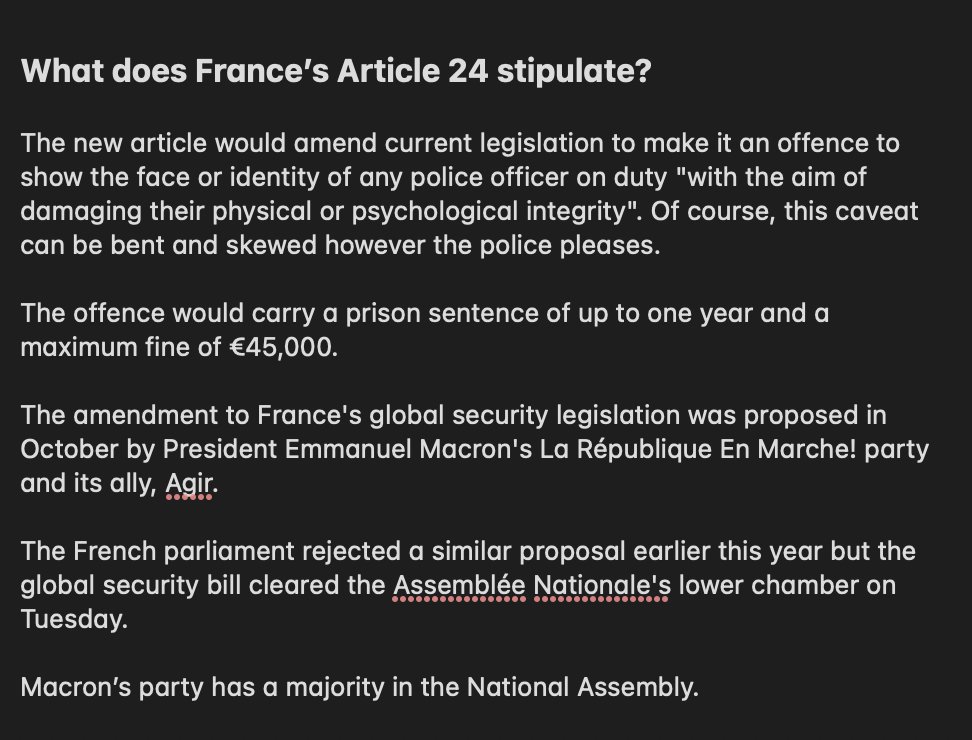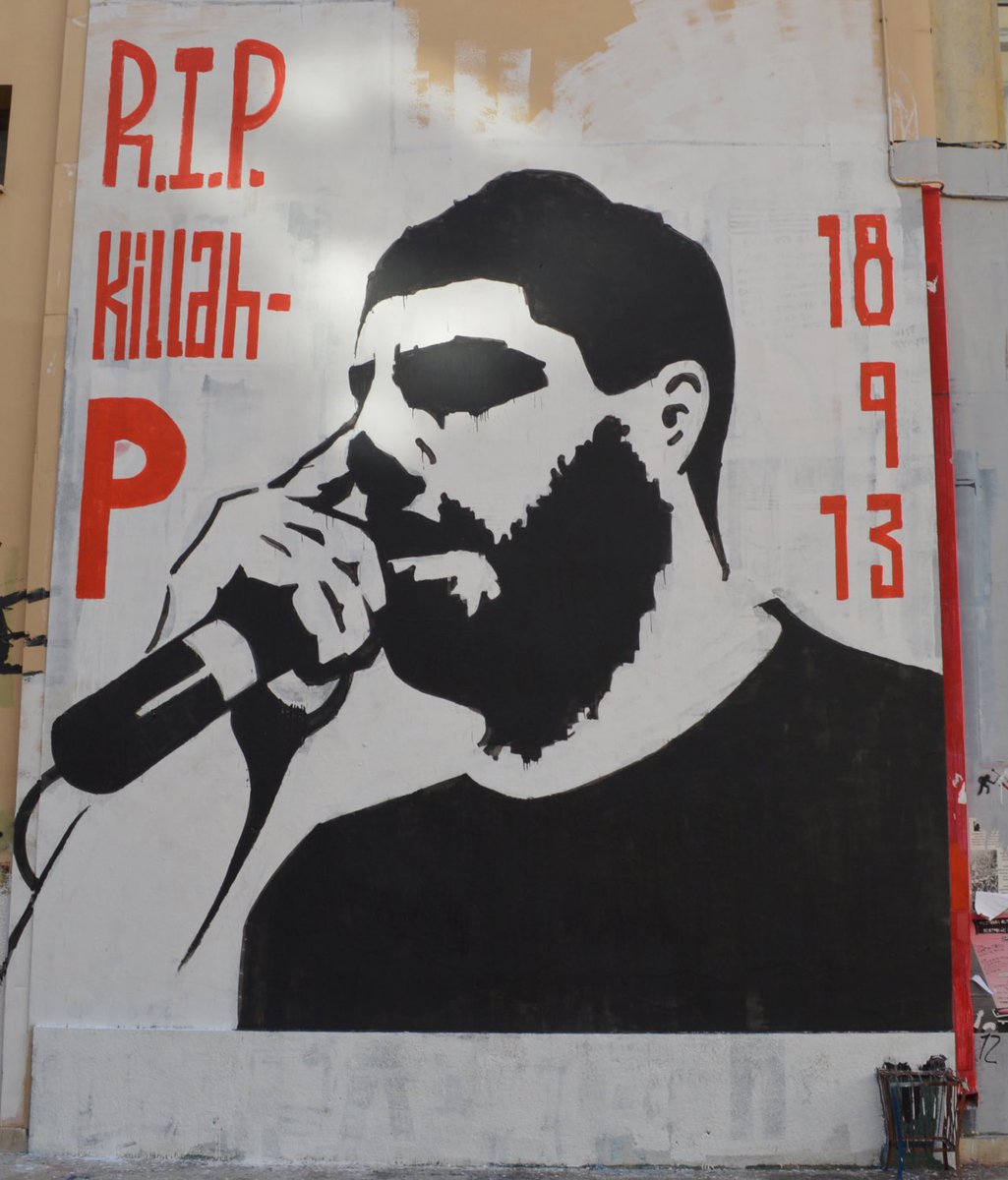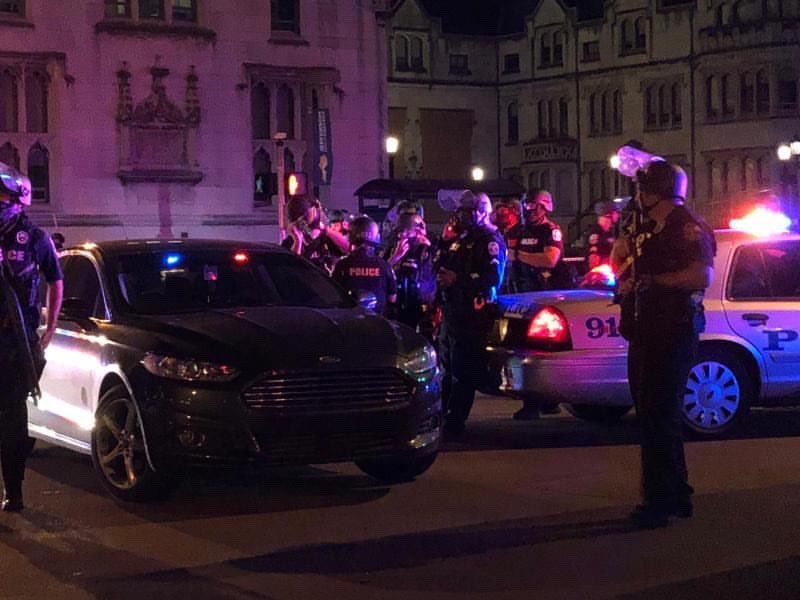
Spent a week reporting in #Karabakh / #Artsakh, covering it from the Armenian side (Azerbaijan refuses entry to independent journalists: rsf.org/en/azerbaijan).
Some thoughts on the frontlines...
My first impressions were just how desperately sad and eerie it is out there.
Some thoughts on the frontlines...
My first impressions were just how desperately sad and eerie it is out there.
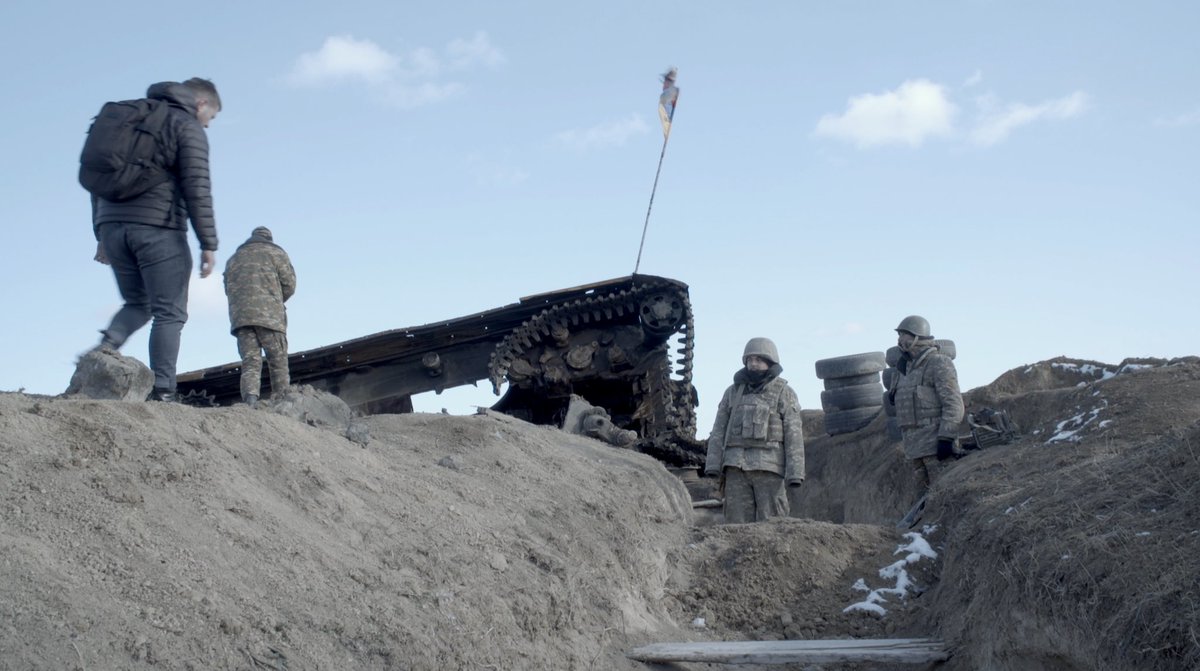
Brave young men are stationed at vulnerable outposts often with inadequate equipment. They received little training before being drafted. They have done and will do everything they can to keep fighting, but I don’t think the government has done enough for them to be honest. 
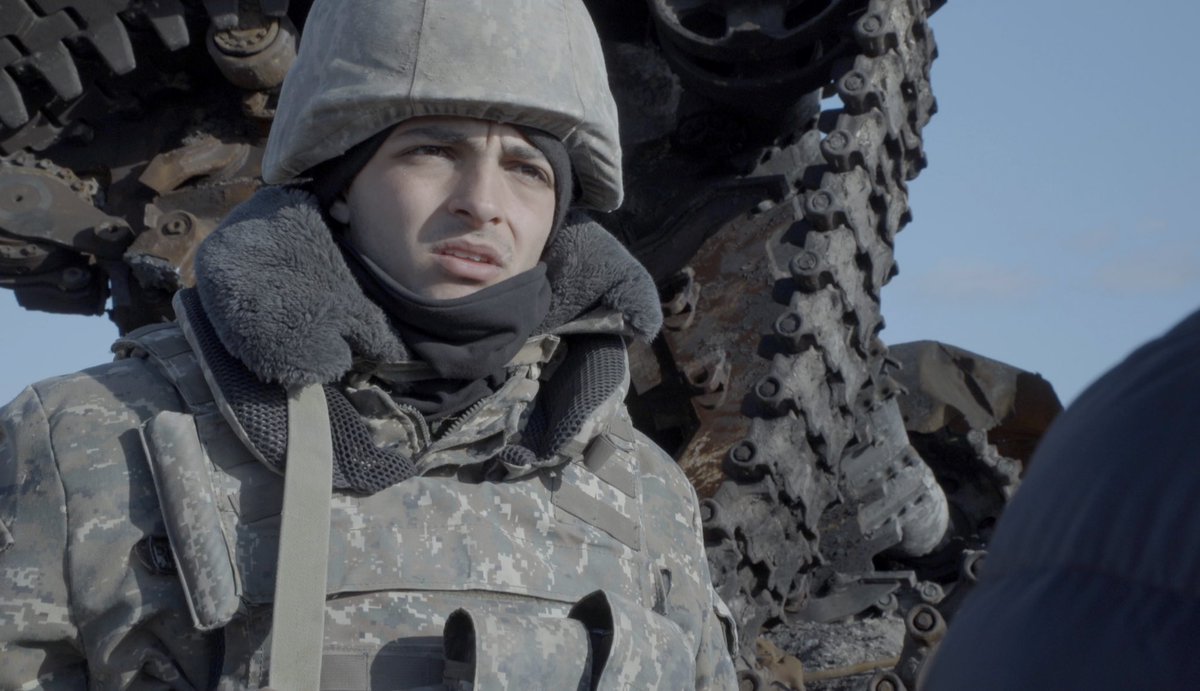
On one of the frontlines in Martuni (which was roughly 2km away from an Azeri outpost, that’s on higher ground no less) the soldiers had equipment mostly donated to them via the Armenian diaspora. Some weren’t even issued boots by the government.
I met a local charity (not affiliated with any political party) called Naregatsi that is gathering some of the most basic items for soldiers such as winter jackets and gloves. They distribute them every few weeks, taking them all the way to the Karabakh frontlines.
Why can’t the government provide basic items like coats?
I understand that Armenia doesn’t have a lot of money, but during the recent war the diaspora raised $150million+ and sent it into the country via @ArmeniaFund.
So why are soldier’s coats being provided by Naregatsi?
I understand that Armenia doesn’t have a lot of money, but during the recent war the diaspora raised $150million+ and sent it into the country via @ArmeniaFund.
So why are soldier’s coats being provided by Naregatsi?
Also, it was clear that the assault from Azerbaijan was going to happen for a while. I don’t get what preparations Pashinyan made for it. Can anyone tell me? I’m neither for or against him—I’m just genuinely confused as to why so few attempts were made to fortify the front.
We spoke to one guy who’d fought in all three Karabakh wars. He said that he just doesn’t think the Pashinyan government understands war. Perhaps that’s it, I don’t know. Having covered many conflicts though, I am still baffled by the Artsakh frontlines.
Like even now, as the war is on a very uneasy ceasefire, I didn’t see a single area on the front that was digging new trenches or improving the ones already dug (which are too shallow). It seems that their orders are to sit and wait. Soldiers are doing their best considering. 
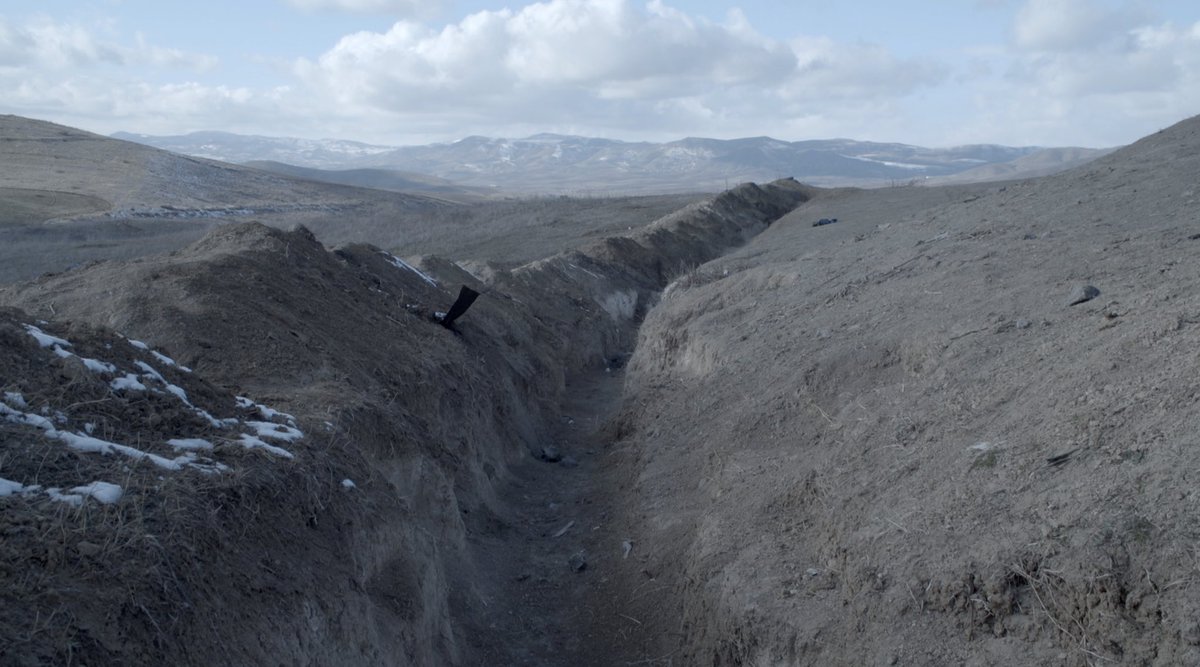
The worst part is that the Armenian fighters are completely outgunned. They’re effectively fighting two countries (both Azerbaijan and Turkey) who have strong airforces & high tech drones. The lack of even air defence on the Artsakh frontlines puts them at a huge disadvantage.
It’s very sad to see young men so ready to continue fighting for their homes when it feels as if their government isn’t doing enough to support them. 
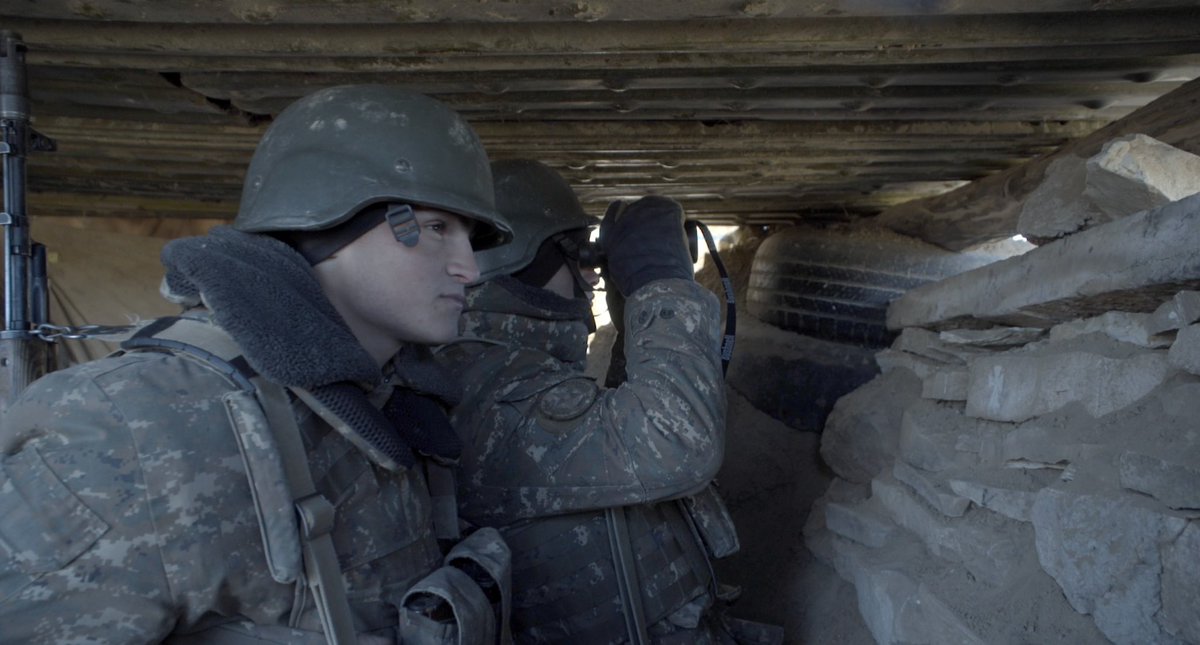
To be clear I have no political grievance against Pashinyan. I took notice of the 2018 revolution and it seemed like he was a man of the people. My thoughts on the inadequacies of the frontlines are based purely on having seen them & spent time talking to the soldiers out there.
Also, to reiterate, the soldiers and volunteers are obviously not to blame. They are quite aware of the cards they’ve been dealt. Still, they stay on the front to defend their people. This thread is simply my observations of an inadequate frontline that’s beyond their control. 
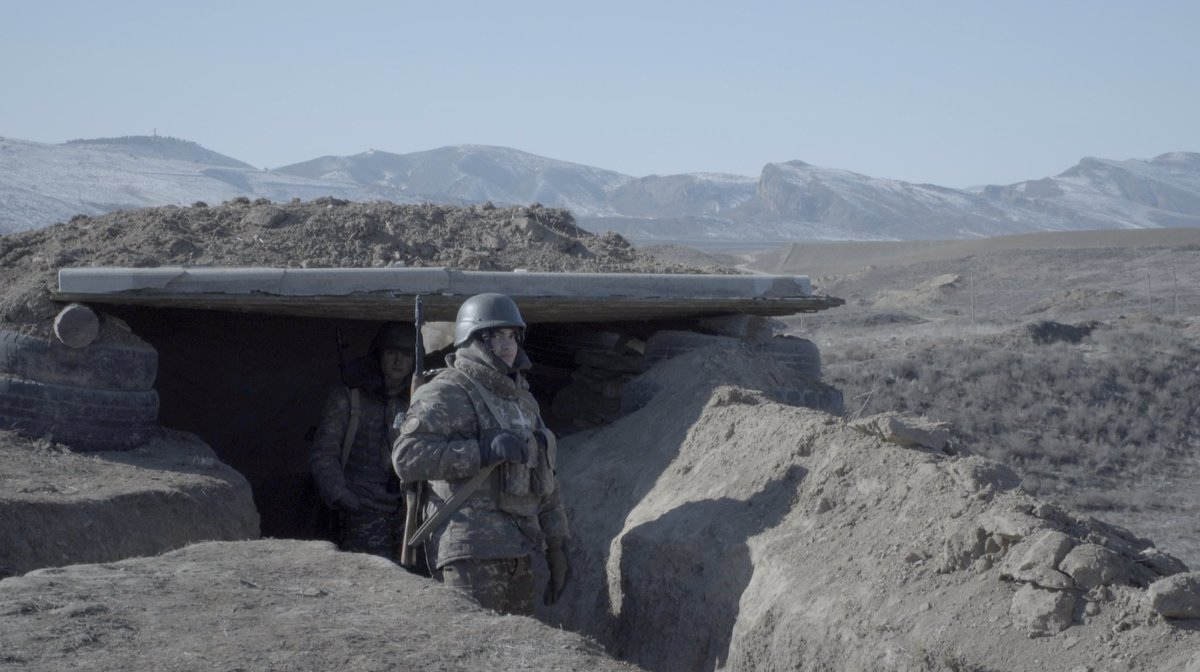
I think if you ignore such things they are easily forgotten, and when that happens those in power are never held to account.
Tl;dr
After spending a week in Karabakh / Artsakh I think the Armenian government needs to do a lot more for its soldiers. ASAP.
After spending a week in Karabakh / Artsakh I think the Armenian government needs to do a lot more for its soldiers. ASAP.
(All images in this thread are stills from our upcoming documentary. Subscribe not to miss it: youtube.com/popularfront)
Just been told I’m banned from returning to Artsakh for apparently going frontline without permission. I had full accreditation though. Whatever, it was worth it. People need to see the conditions the soldiers are in. Any empathies I have lie with the people, not the state.
All stills in this thread are the handiwork of @Jonny_Pickup_. 
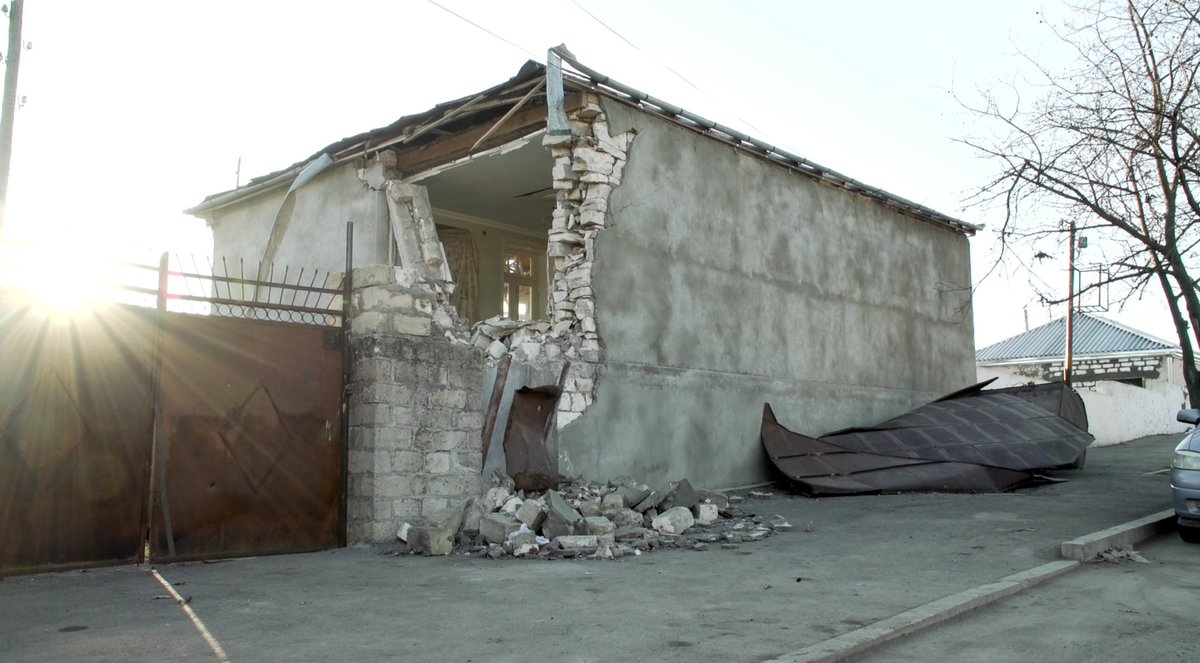
Good news. I've been told that I am in fact not banned from reporting from Artsakh any more. Seems it was a misunderstanding...
• • •
Missing some Tweet in this thread? You can try to
force a refresh


